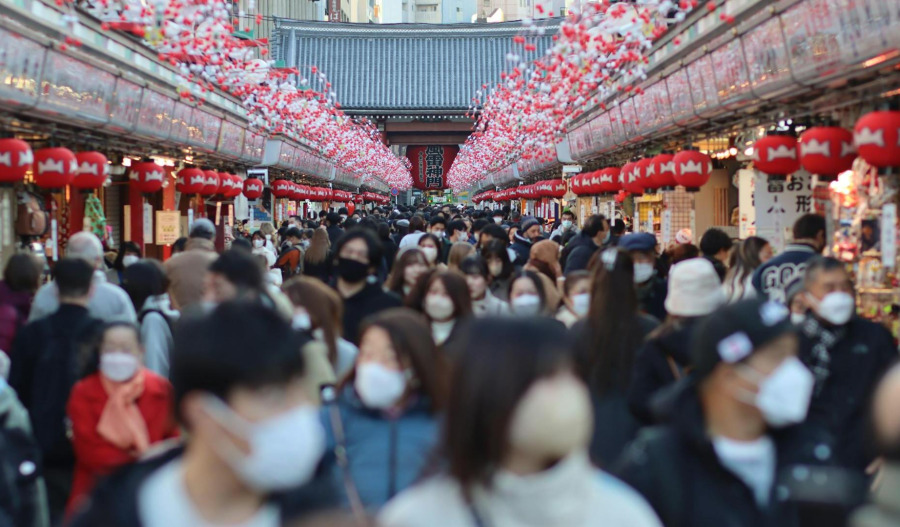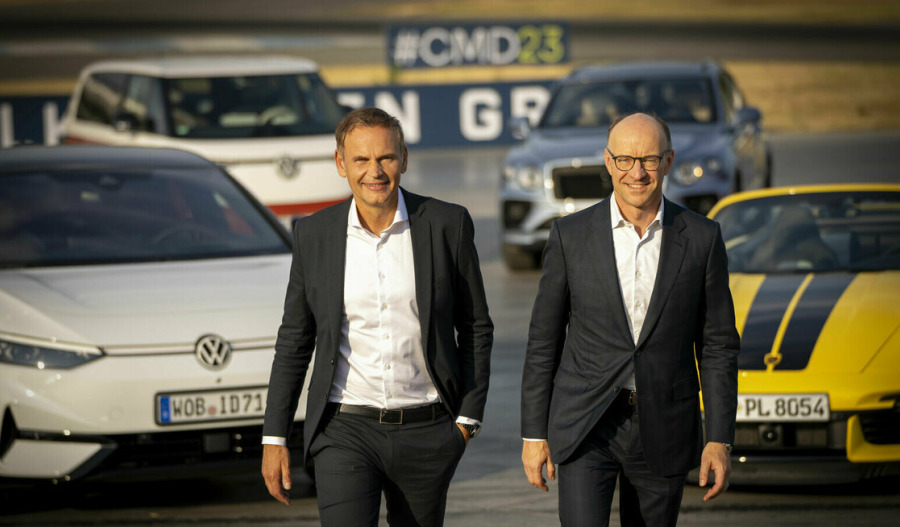China has granted exemptions to its export controls on Nexperia semiconductors intended for civilian use, easing a month-long supply bottleneck that threatened to disrupt global automotive production.
The Chinese commerce ministry confirmed the move on Sunday, though it didn't specify what qualifies as civilian applications.
German and Japanese manufacturers have already reported receiving shipments, with Volkswagen's China chief telling Handelsblatt that initial exports have taken place.
The development follows United States President Donald Trump's meeting with Chinese President Xi Jinping on 30 October, which produced a framework for resuming Nexperia's chip exports.
China's commerce ministry said it would grant exemptions "to exports that meet the criteria" on a case-by-case basis.
Tug-of-war
The crisis began when the Dutch government seized control of Netherlands-based Nexperia on 30 September, invoking a Cold War-era emergency law.
The Hague claimed Chinese owner Wingtech was planning to relocate European production to China, threatening economic security.
The move came under pressure from Washington, which added Wingtech to its entity list in December 2024 and expanded restrictions in September to cover all subsidiaries at least 50% owned by blacklisted firms.
Nexperia, acquired by Wingtech from NXP in 2019 for US$3.63bn, employs 12,500 people across Europe, Asia and the U.S. and operates manufacturing sites spanning more than 80,000 square metres.
The Dutch action marked the first use of the Goods Availability Act since its creation, reflecting escalating Western efforts to ringfence semiconductor supply chains amid intensifying U.S.-China trade tensions.
Beijing retaliated on 4 October by blocking exports of Nexperia's finished chips, which are mostly packaged in China.
The move rattled carmakers, given Nexperia holds approximately 40% market share in automotive transistors and diodes and generated US$2bn in revenue last year, with 60% from automotive customers.
German automotive supplier Aumovio confirmed it received an export exemption this week, though its CEO Philipp von Hirschheydt warned normalisation would take time.
"In the coming four to six weeks, there could still be problems with supply," he said.
Despite the cooling, bilateral tensions persist.
China's commerce ministry said it hopes the EU will "further intensify" efforts to pressure the Netherlands to reverse its seizure of Nexperia.
A Dutch economic affairs spokesperson told CNN the government remains "in contact with Chinese authorities" to work towards a constructive solution.



